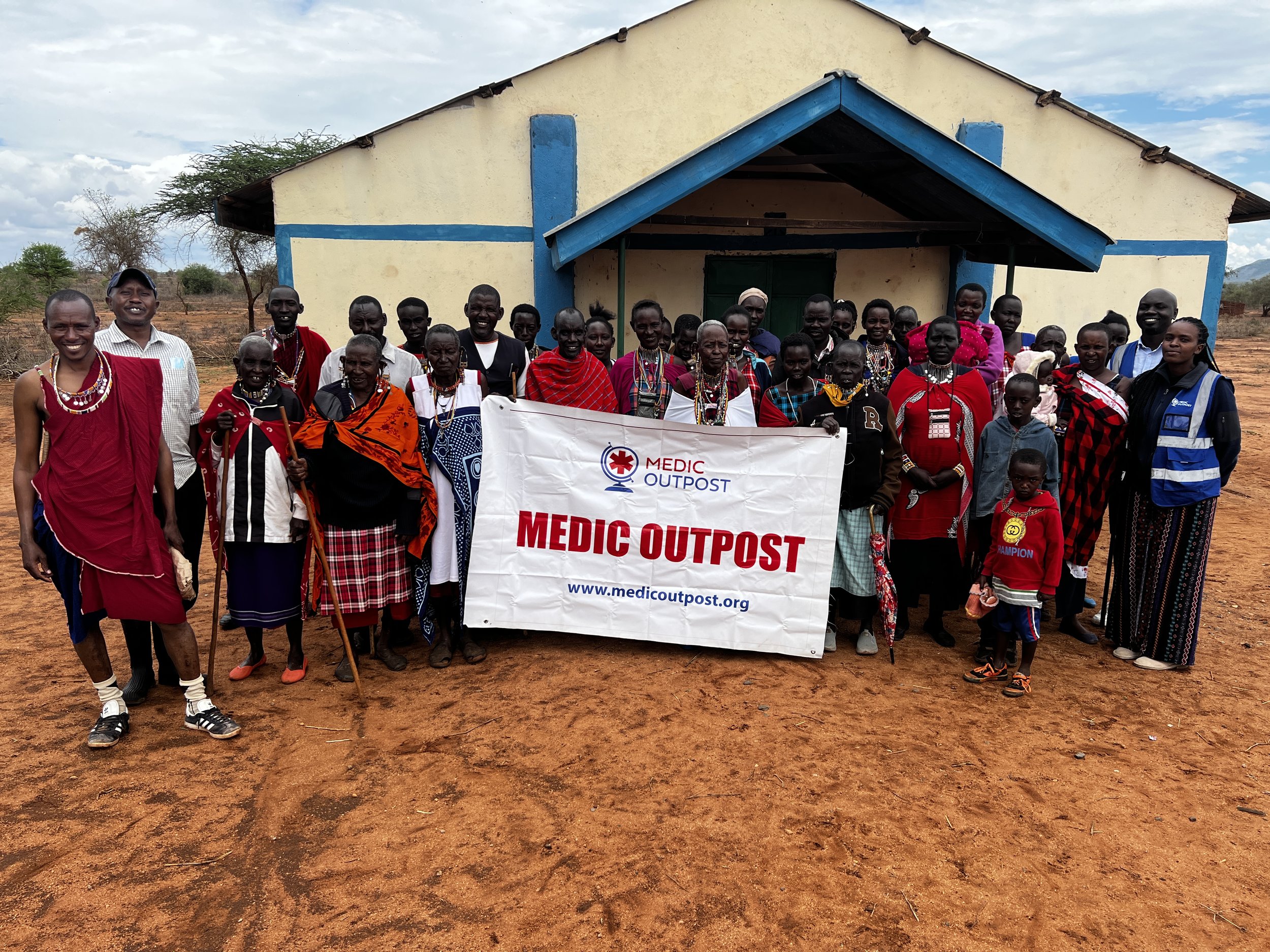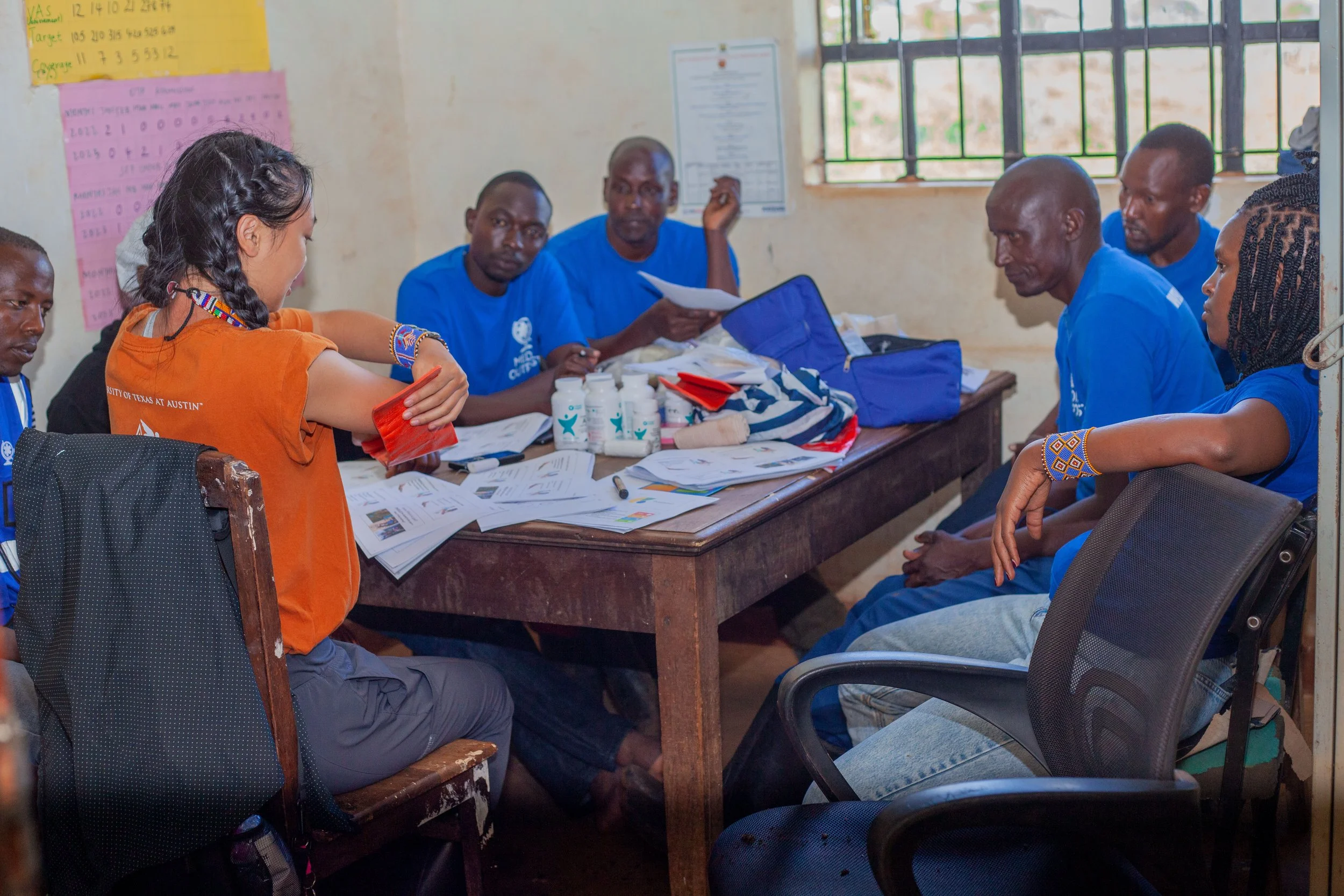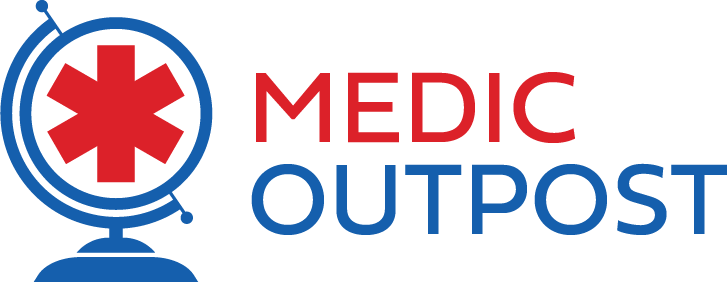
Maasailand
Kajaido District, Kenya
Changing healthcare myths, teaching the community, building a future.
One village at a time
The arrogance of Western healthcare is the belief that only university educated and certified professionals can provide healthcare to the people. At Medic Outpost we believe that everyone has the right and obligation to provide healthcare to their families, friends, and communities. Our goal is to provide appropriate training and equipment to empower remote communities to build future healthcare capacity in the places that need it most.
Maasai Medical Camps
Medic Outpost conducts scheduled medical camps in coordination with local rural health clinics in Kajaido District. Our goal is to treat and evaluate injury and illness in the region and give our community healthcare worker program students some hands-on practical training with supervision. Our medical program has evaluated hundreds of village people and identified and treated severe hypertension, diabetes, neglected tropical diseases, parasitic disease, maternal and infant illness and emergencies.
Most of the Maasai live miles away from the clinics and there is not ground transportation in the area. It is critical that our community health worker program trains men and women to provide follow up and evaluation in the remote villages themselves and communicate and have medical direction from clinic staff via telemedicine. This system saves the sick from having to walk hours to the clinic and can provide treatment at home where it is most effective.
Giving Goats
The Medic Outpost “Giving Goats” program is a unique effort that marries micro-finance with healthcare development. Impoverished families receive a goat from the Medic Outpost which is used to provide additional income for the families by using the goats to provide milk and offsprings. In turn, each family must give the first offspring to another family in the community. The added income is then used to provide healthcare services to the communities allowing them to purchase medications, nutritious foods, transportation for clinic visits. The communities are then encouraged to attend healthcare evaluations and education provided by Medic Outpost community health volunteers. The overall improvement in community health participation will improve countless lives. Illness prevention, treatment, and education come from just one goat.

The future of rural healthcare begins in the communities and villages of the world. It is time to move away from the arrogance of western healthcare and push forward using education, resources, and advances in technology to build capacity from within. Medic Outpost has proven that rural communities can provide excellent and lifesaving healthcare no matter what the perceived barriers of language, education or socio-ecamonic condition.
Larry Hill



